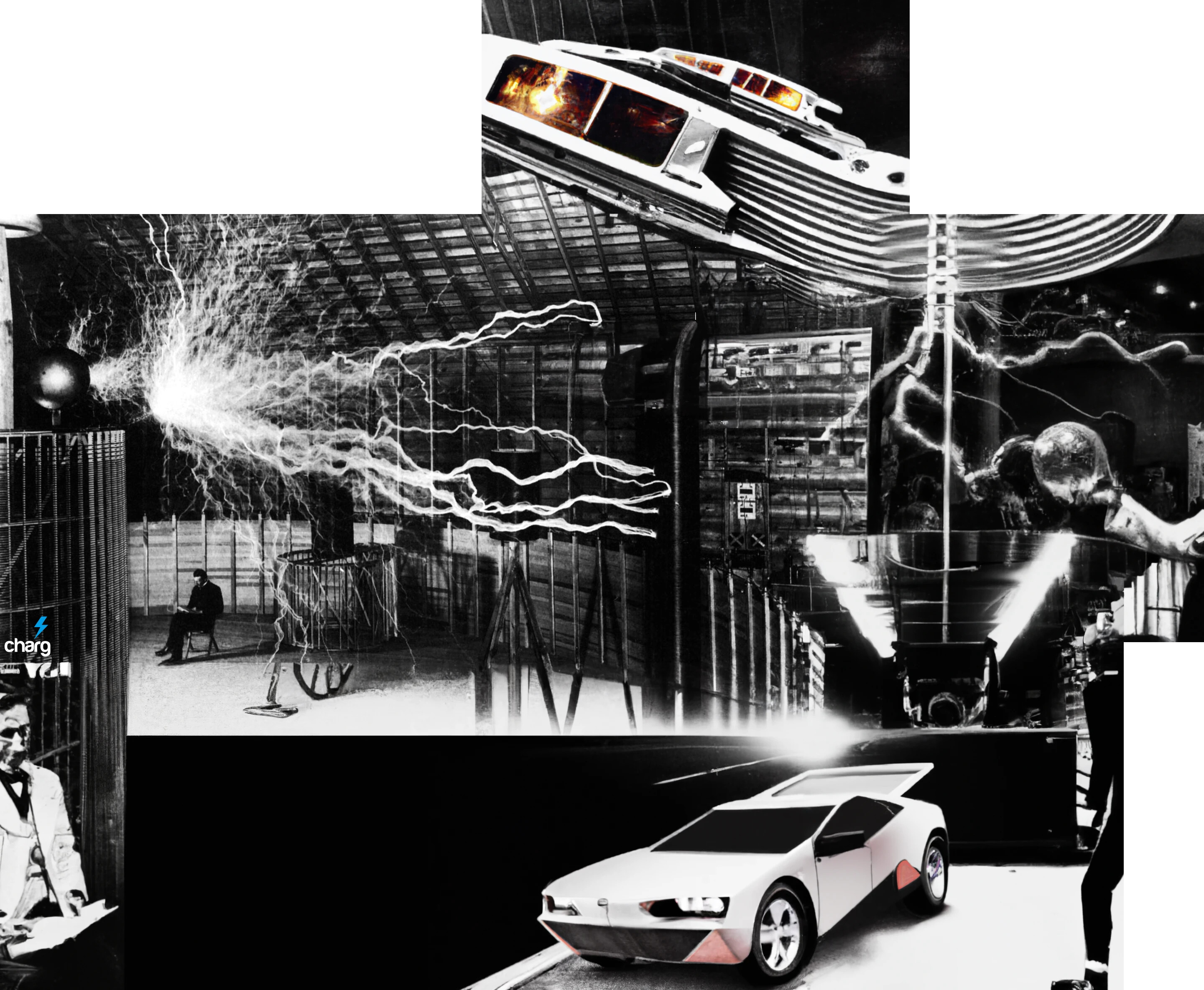IMPORTANT SAFETY NOTICE! Totally Recalled - When Class Actions for Vehicles Becomes MEDICAL - Josef K Media - Charg (CHG) - zchg.org - Web Four, it's YOURS!
Theory/
Conventional wisdom teaches a cold air intake provides more dense air and therefore, with the accompaniment of more fuel, more power.
Lets flip it. What happens if you reduce your engine down to lower temperatures (cold to the touch). Now our engine is accustomed to operating at refrigerator-like temperatures.
The key is a warm air intake.
Why fight thermodynamics? In nature, hot goes to cold.
A cold air intake goes from cold to hot to warm.
A warm air intake goes from warm to hot to warm. Perhaps also the exhaust should be refrigerated to dramatize this natural effect? Hot always flows naturally to cold.
The key is warming the air; and cooling the engine.
/Theory
Now I come from a computer background. Our competitors, they were always refrigerating their processors. Not entirely sure what that was about insofar as real-world processing power - they were able to jam in more clock cycles but they were slowing the speed of light in its application, an aside. But in theory a unit which runs colder last longer, so long as the temperature remains cold and vibration is minimized, all else equal.
At StealthMachines, we did things different. Instead of overclocking and burning cards to the ground, we focused on machines which would last for 10 years. It was very simple, we did this by choosing high quality parts, keeping things cool, and minimizing sources of vibration.
Choose two - durability, speed, fuel economy.
Theory/
So why are modern engines tuned to 197 degrees F? What’s that about? Isn’t that hot enough to melt or crack gaskets over time?
What if they were tuned instead to 37 degrees F (for example)? What if our engines were cold to the touch? What if our intake was warmed? What if our exhaust was refrigerated? Would that work good?
Wouldn’t that maximally aerosolize our stoichiometry if the intake was warm enough? Wouldn’t that prevent engine wear if the engine was cold enough (and tuned as such)? Wouldn’t that maximize our combustion temperature with minimum possible temperature immediately following, ideally? Doesn’t energy flow from hot to cold, all else equal?
/Theory
… Oil and fluids become thicker at colder temperatures, yes? Tolerances of rod bearings and main bearings also change, yes? A (vacuum? ![]() ) engine harnesses instead of wastes the heat going out the tailpipe by refrigerating itself? Think outside the C.E.L.
) engine harnesses instead of wastes the heat going out the tailpipe by refrigerating itself? Think outside the C.E.L.
A woman cooks using only a plastic shopping bag - source https://www.videoman.gr/en/170308



